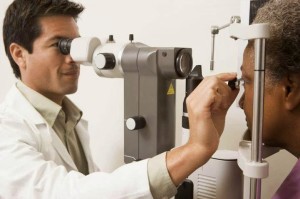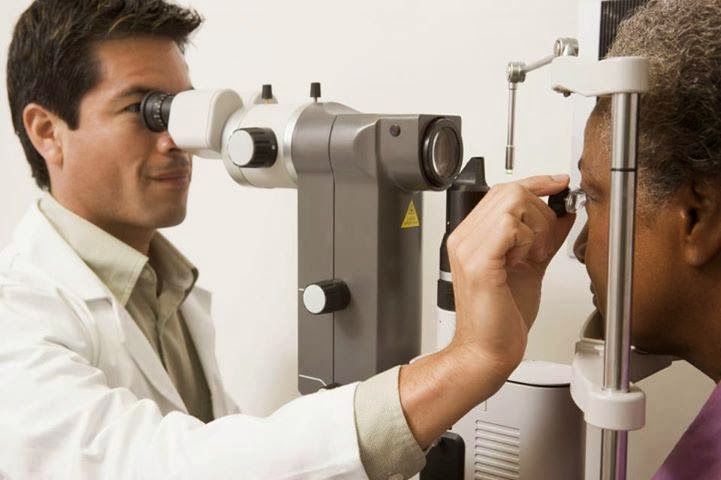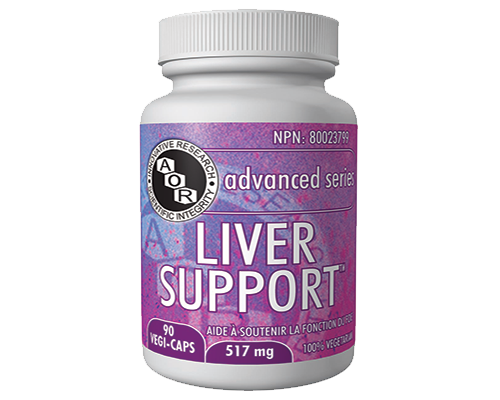An eye doctor is an integral part of our life. Every once in a while we should consult with an eye specialist so that we can keep our eyes healthy.

Searching for an Eye Doctor
If you’ve never seen an eye doctor, how do you find one? Start with:
- Recommendations from your doctor. Your doctor will have the names of eye doctors in the area. He or she may have a sense of who would be a good fit for you or your young children.
- Recommendations from family and friends. Think of everyone you know who wears glasses — they all have eye doctors. Ask them.
Queries from an Eye Doctor
Once you have an appointment, here are a few questions to ask.
What type of eye doctor are you? There are two types of eye doctors — ophthalmologists and optometrists. There’s a lot of overlap in the services they offer. What’s the difference?
- Ophthalmologists are MDs — doctors who can give you total eye care. They can do exams, test and treat eye diseases, and perform surgery.
- Optometrists are ODs – they have medical training but are not physicians. They’re trained in diagnosing and treating many eye-related diseases. They’re more likely to focus on routine eye care and vision testing for glasses or contacts.
How long have you been in practice? Experience is important. An eye doctor with experience may be better at diagnosing your problem simply because he or she has seen more patients. If you have a specific eye condition, make sure that your eye doctor has experience treating that condition.
Do you take my insurance? This is important– although really, you should ask it before you go in to see the doctor.
What are your credentials? A doctor’s credentials are important, so don’t hesitate to check them. Ideally, check out your doctor before you arrive for your appointment. Check online for a license — either from the state medical board or state board of optometry. See where the doctor went to school. These days it’s fairly easy to do a simple background check online and find out what other people think of the doctor.
What’s your specialty? Some ophthalmologists specialize in treating kids, or people with specific diseases, like glaucoma. If you’re choosing an ophthalmologist, find someone who’s a good match for your age and problems.
Assessing an Eye Doctor
After your appointment, ask yourself some questions.
Did you have to wait a long time? If you did, you may want to ask the office staff about the average waiting time before appointments.
Did the exam feel thorough? If you feel like the doctor was rushing you, that’s not a good sign.
Did the doctor take the time to listen to your questions and answer them clearly? Good communication is key for your eye health.
Did you feel comfortable? This really is important. If you don’t like your eye doctor, you’ll be less likely to get your check-ups — and that’s not good for your health.





